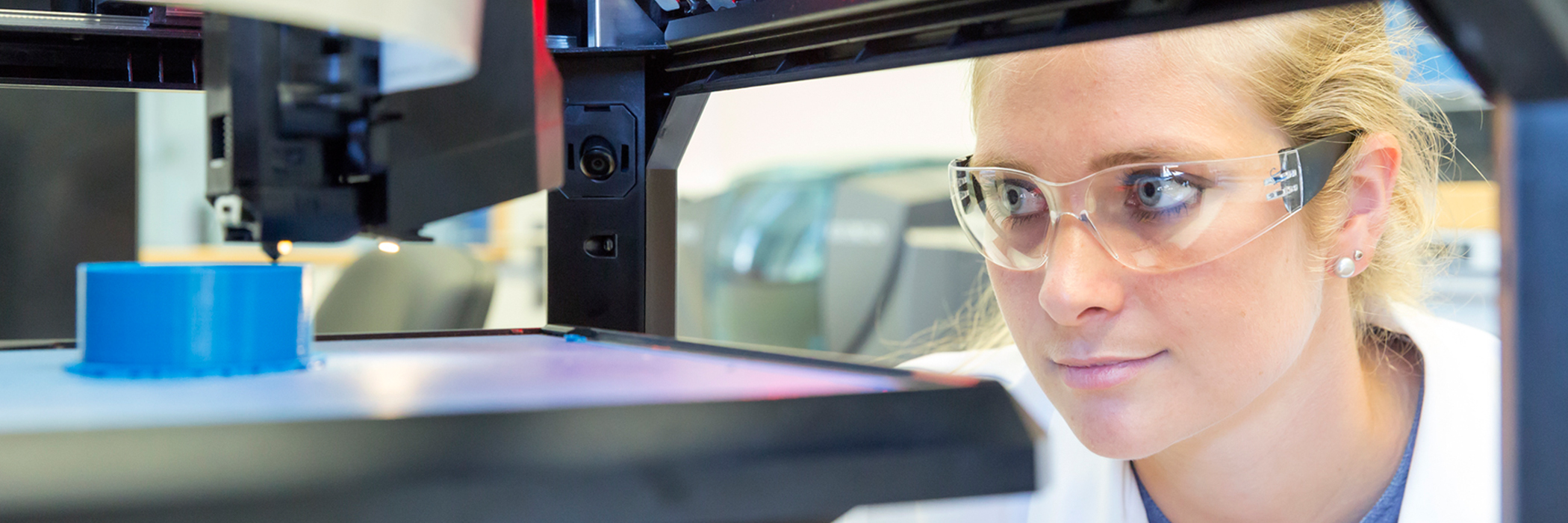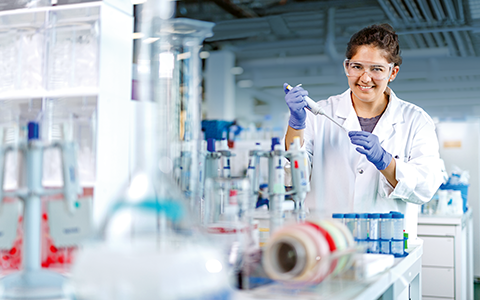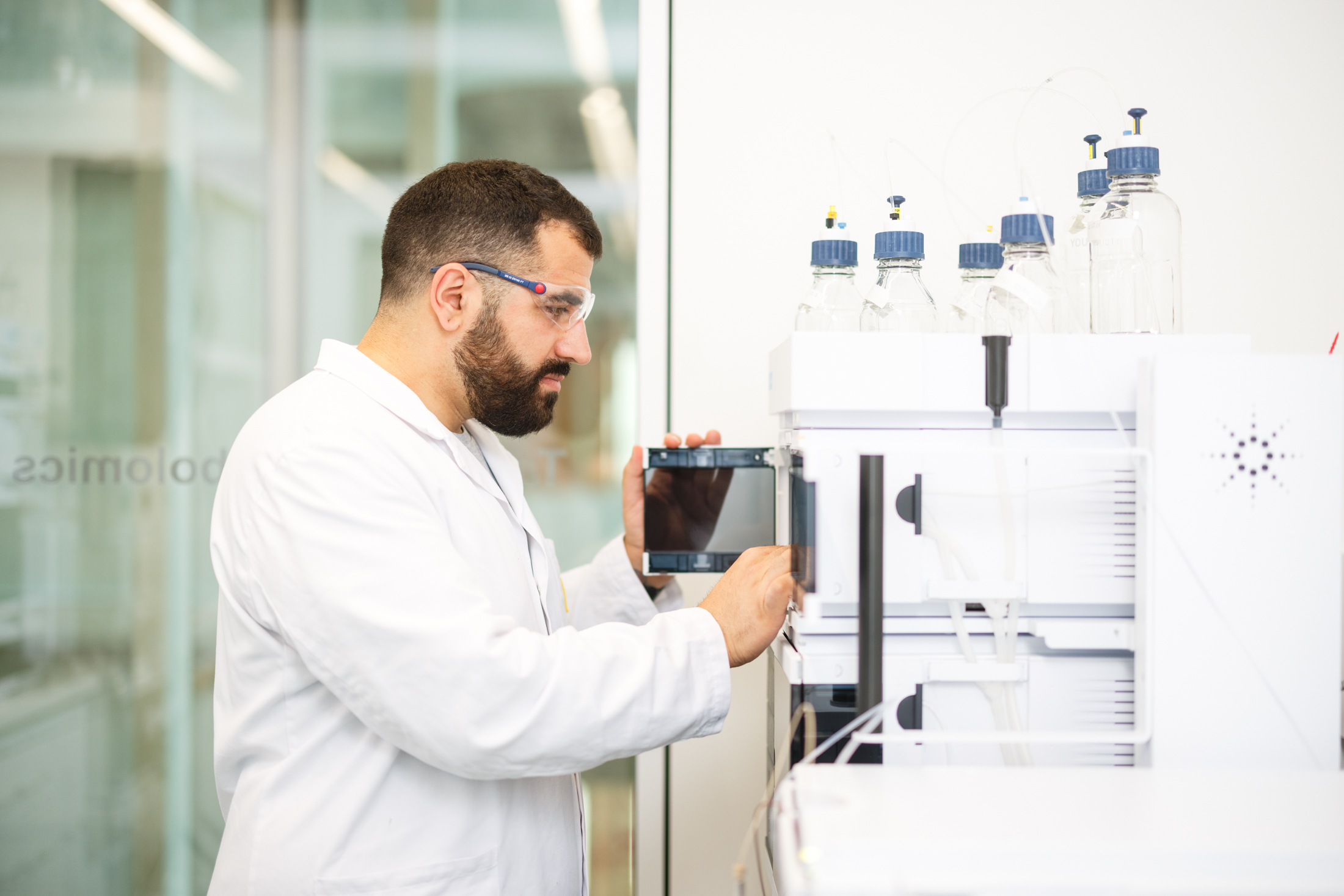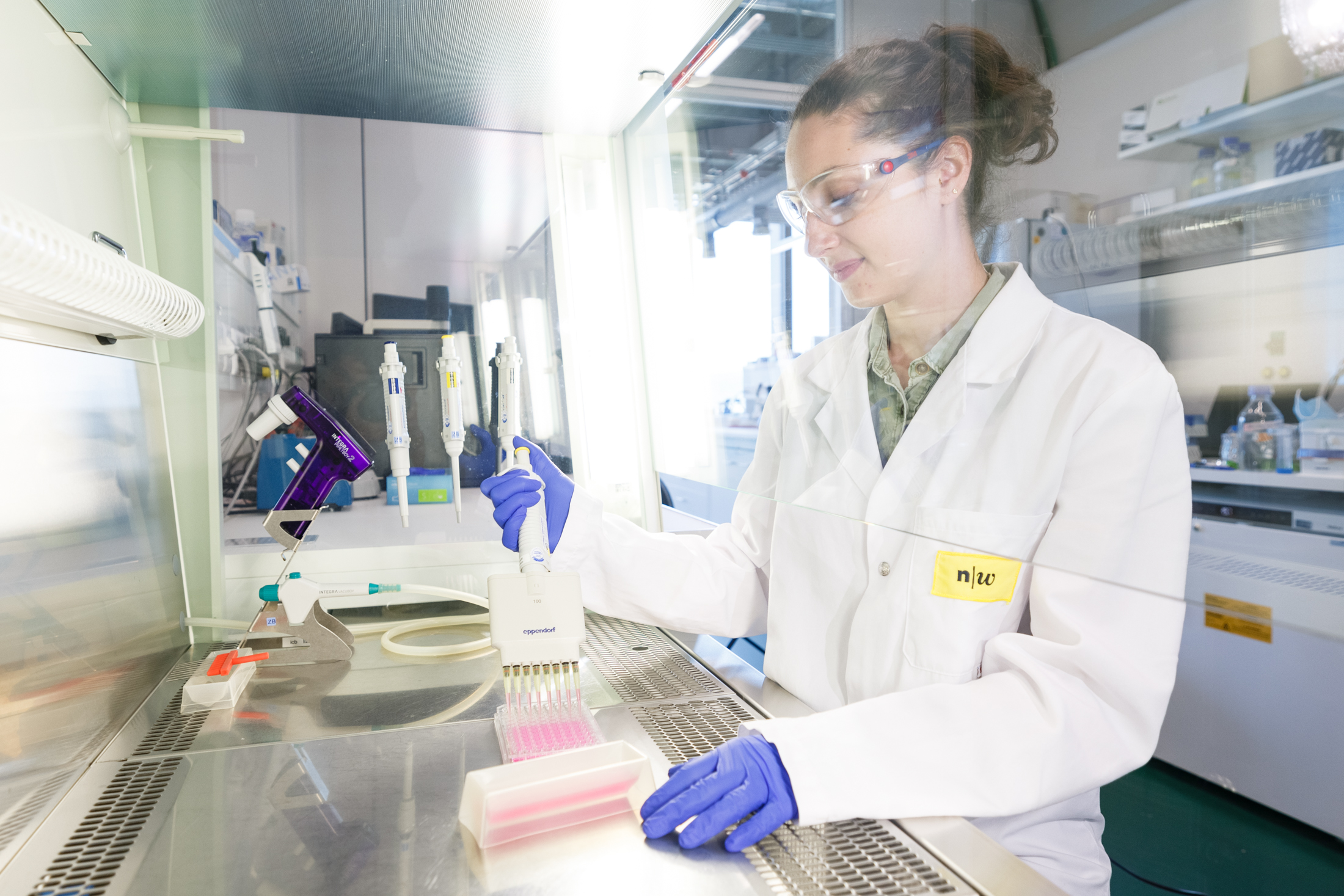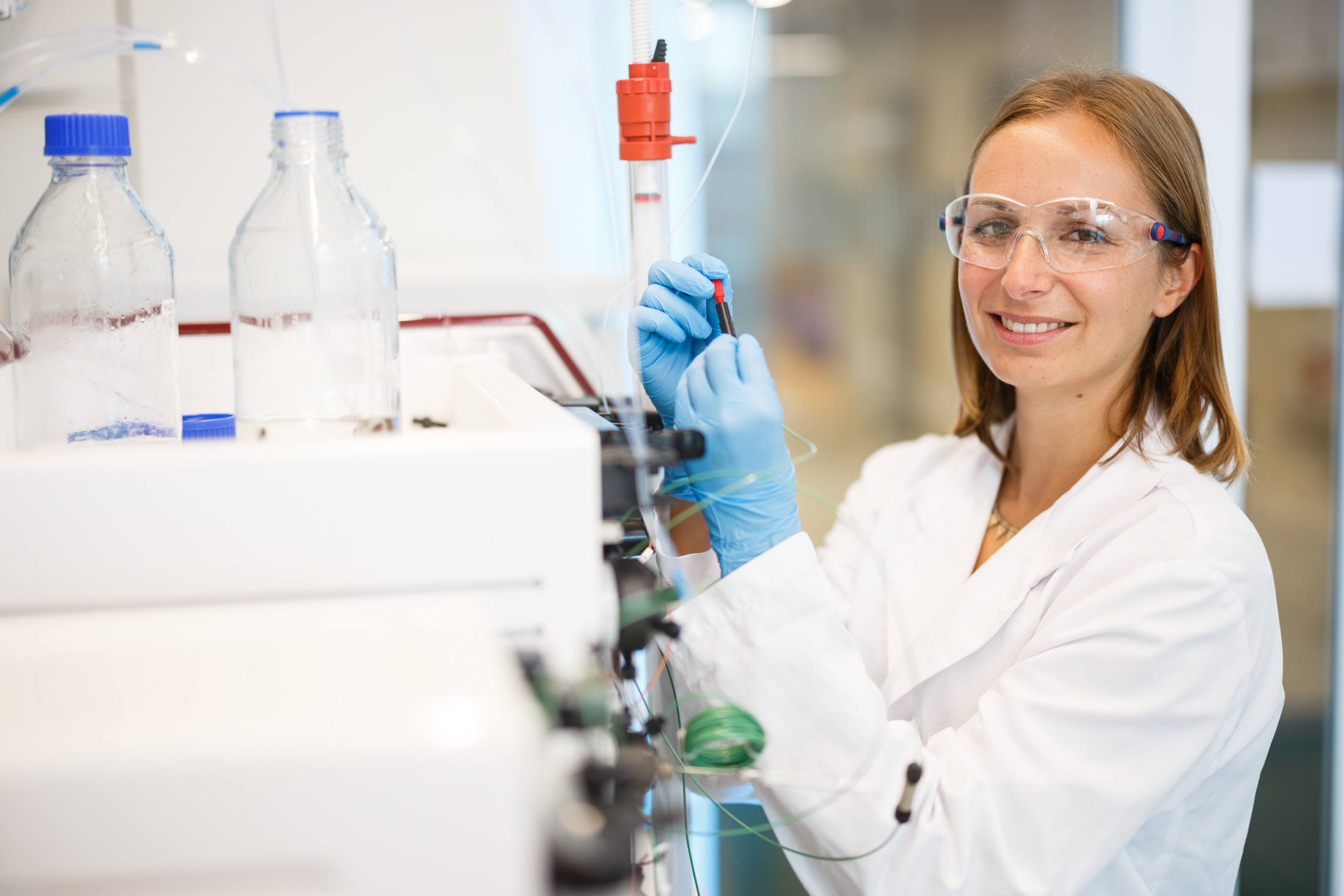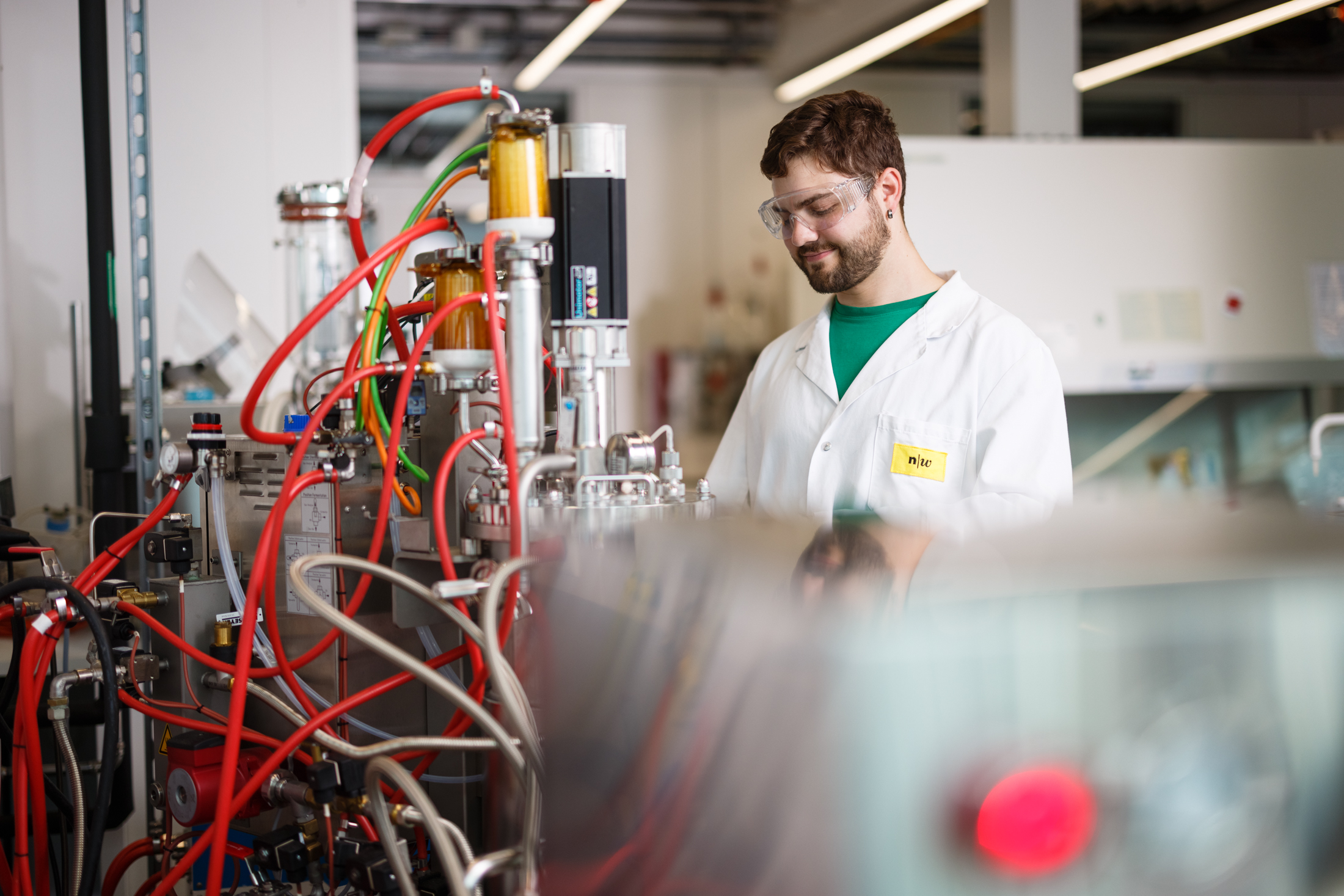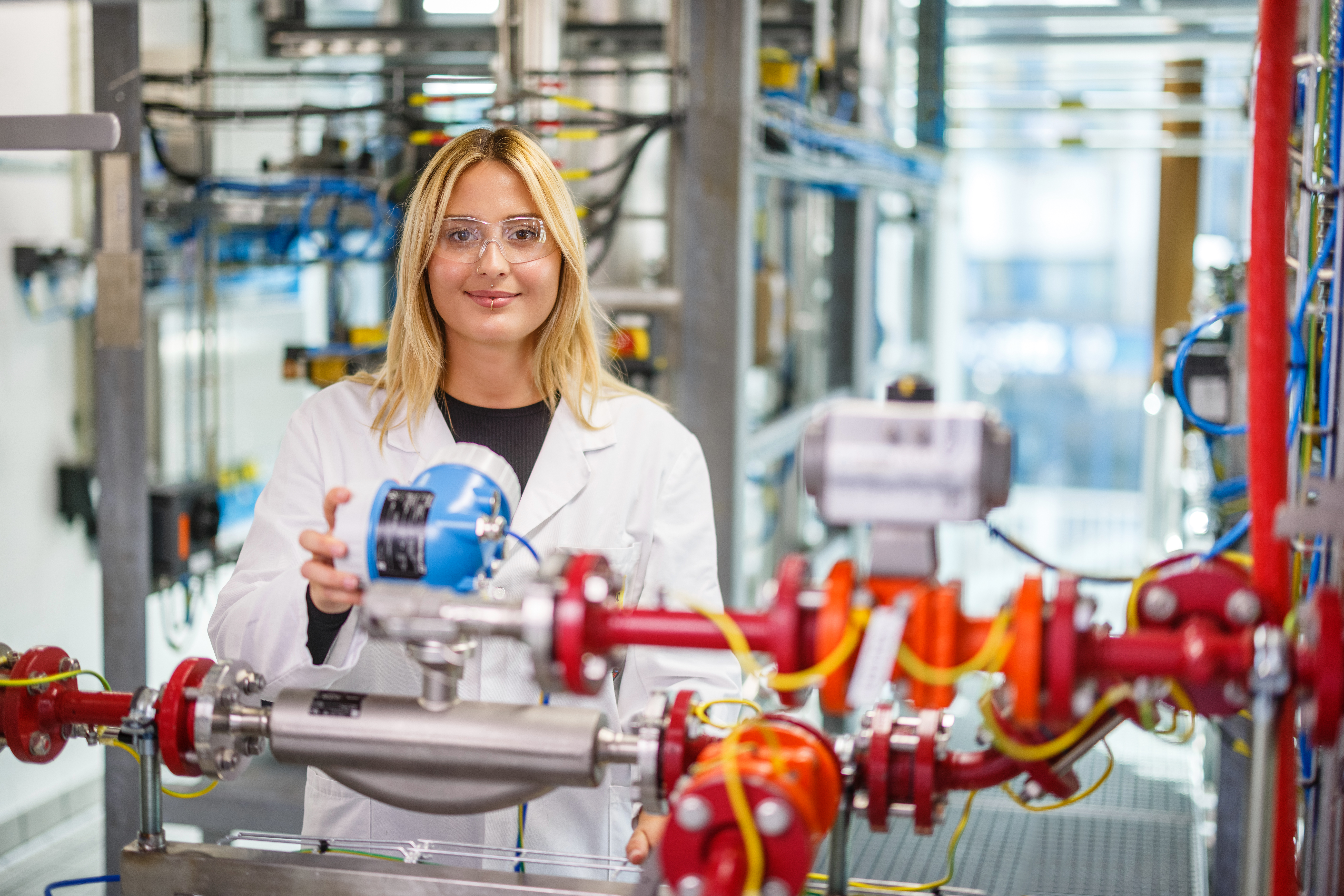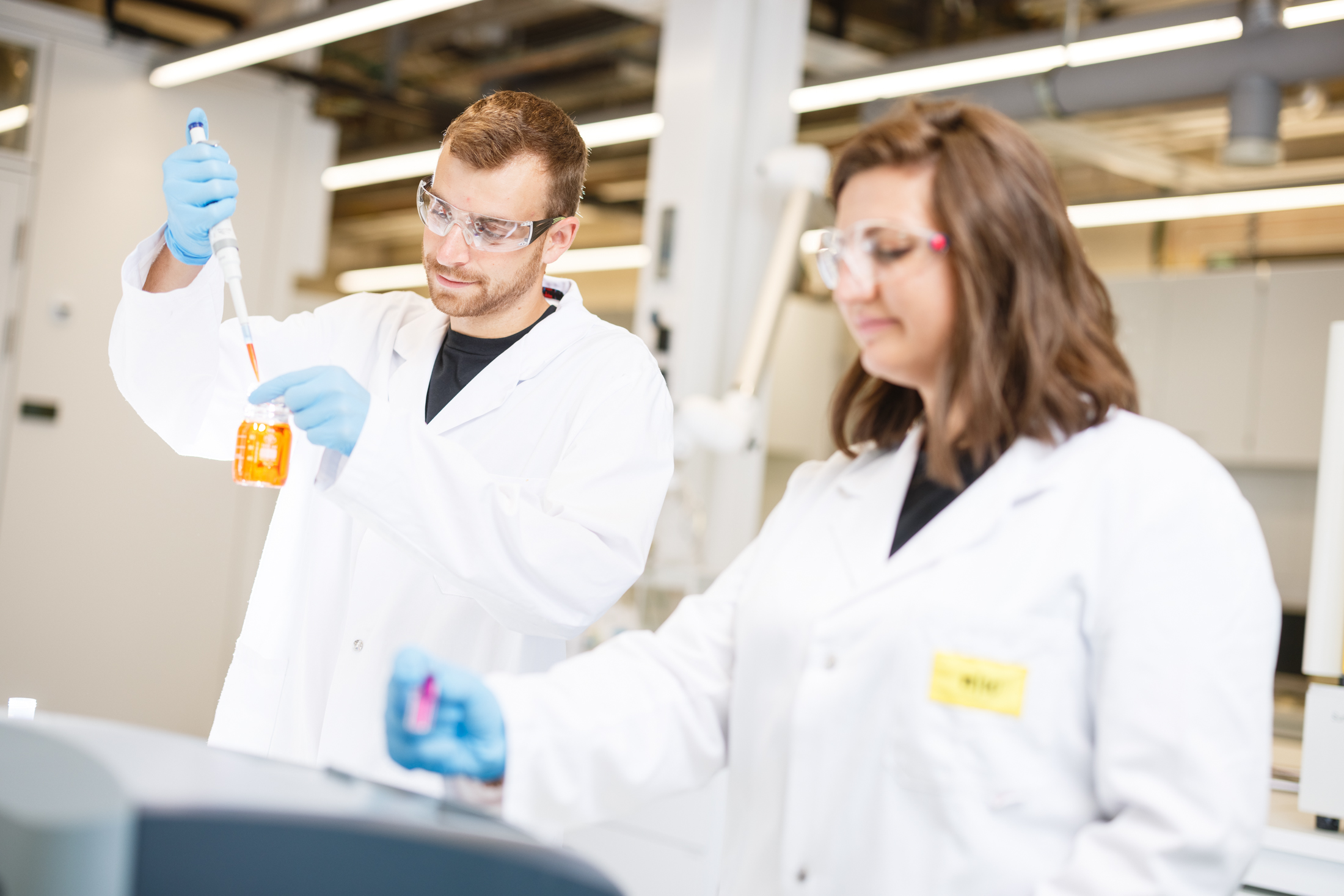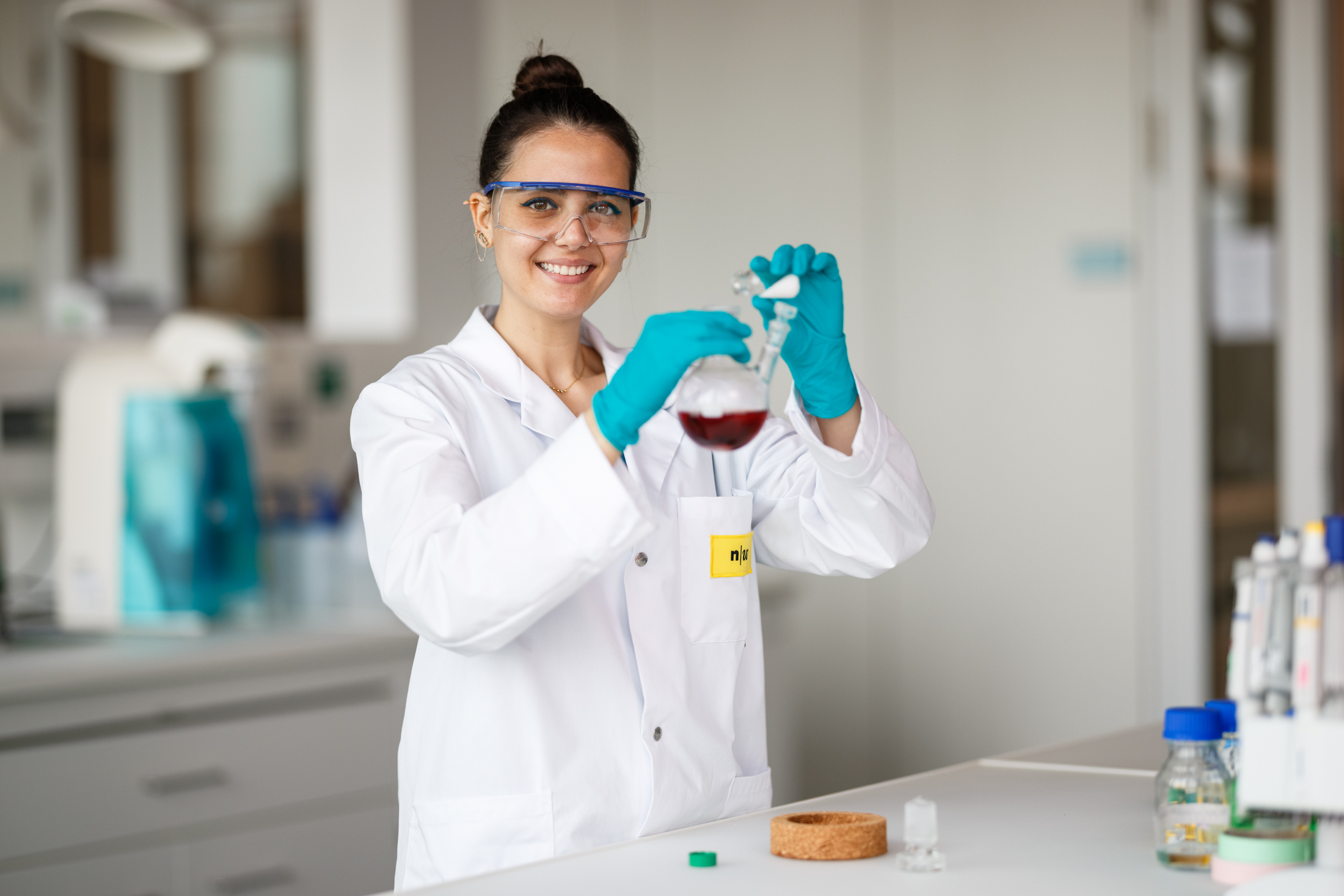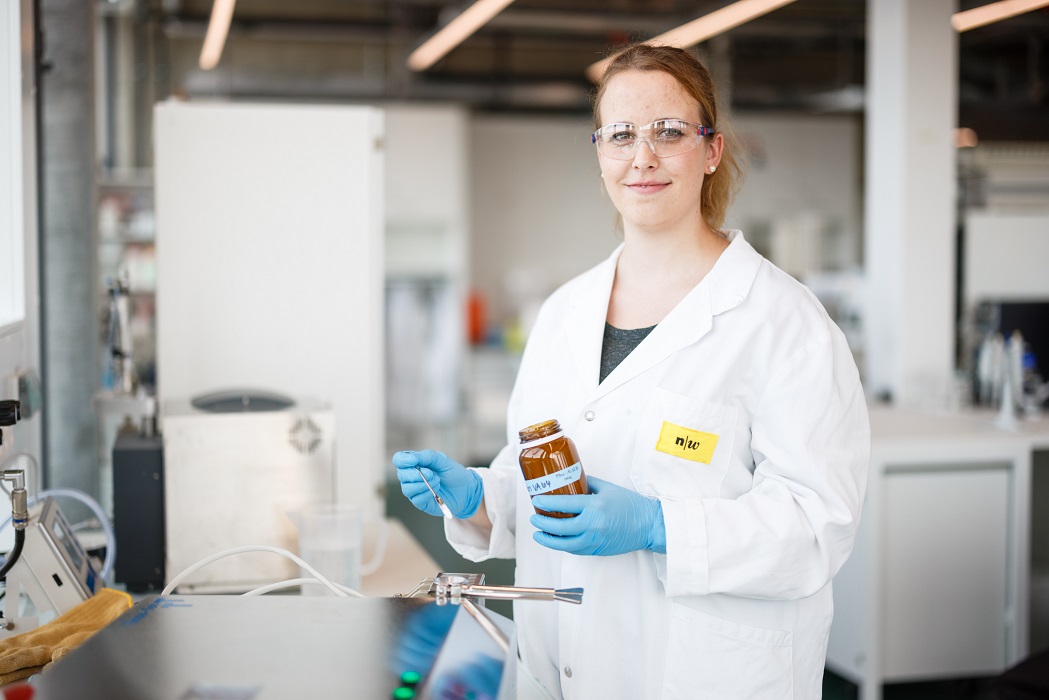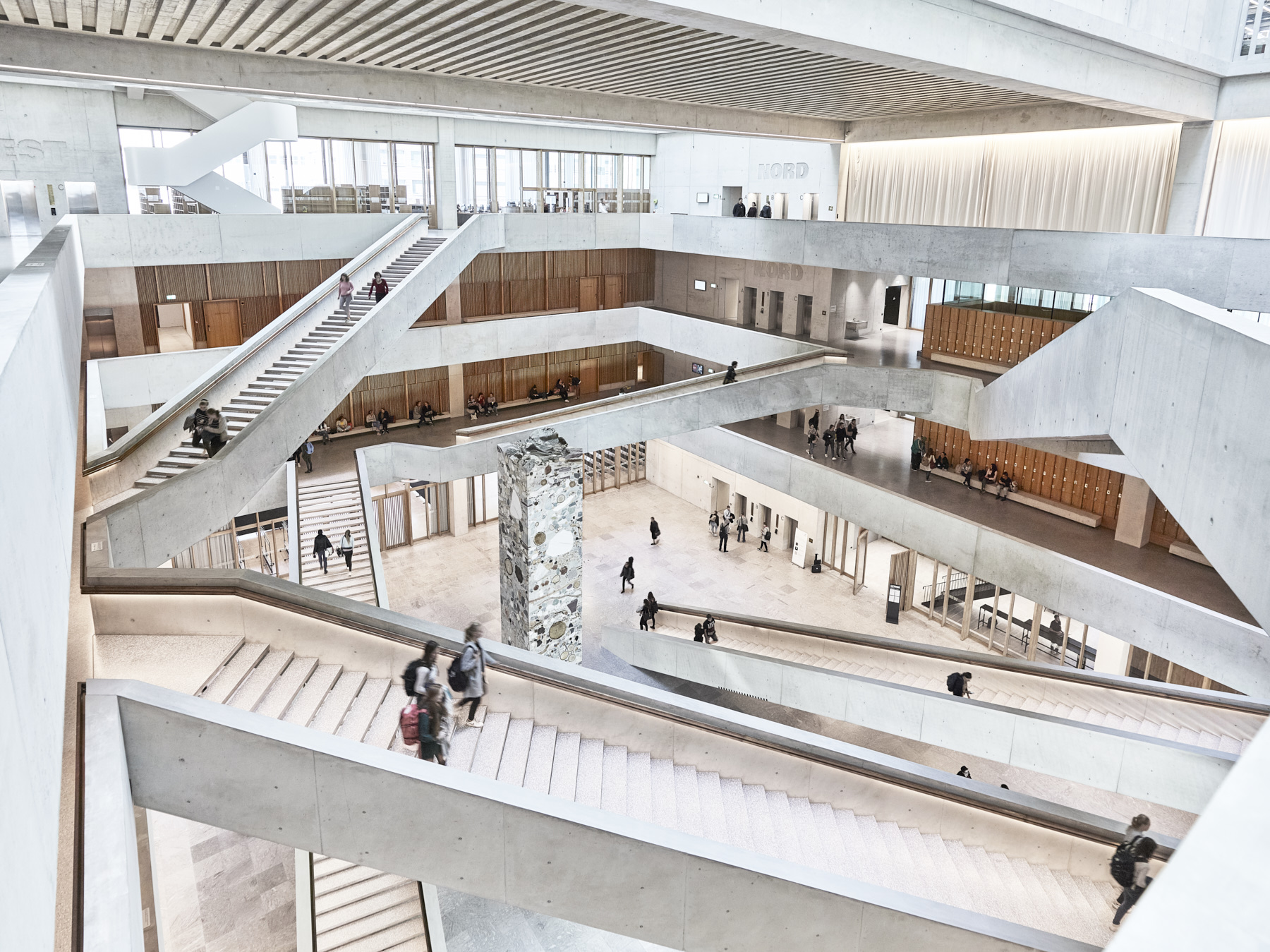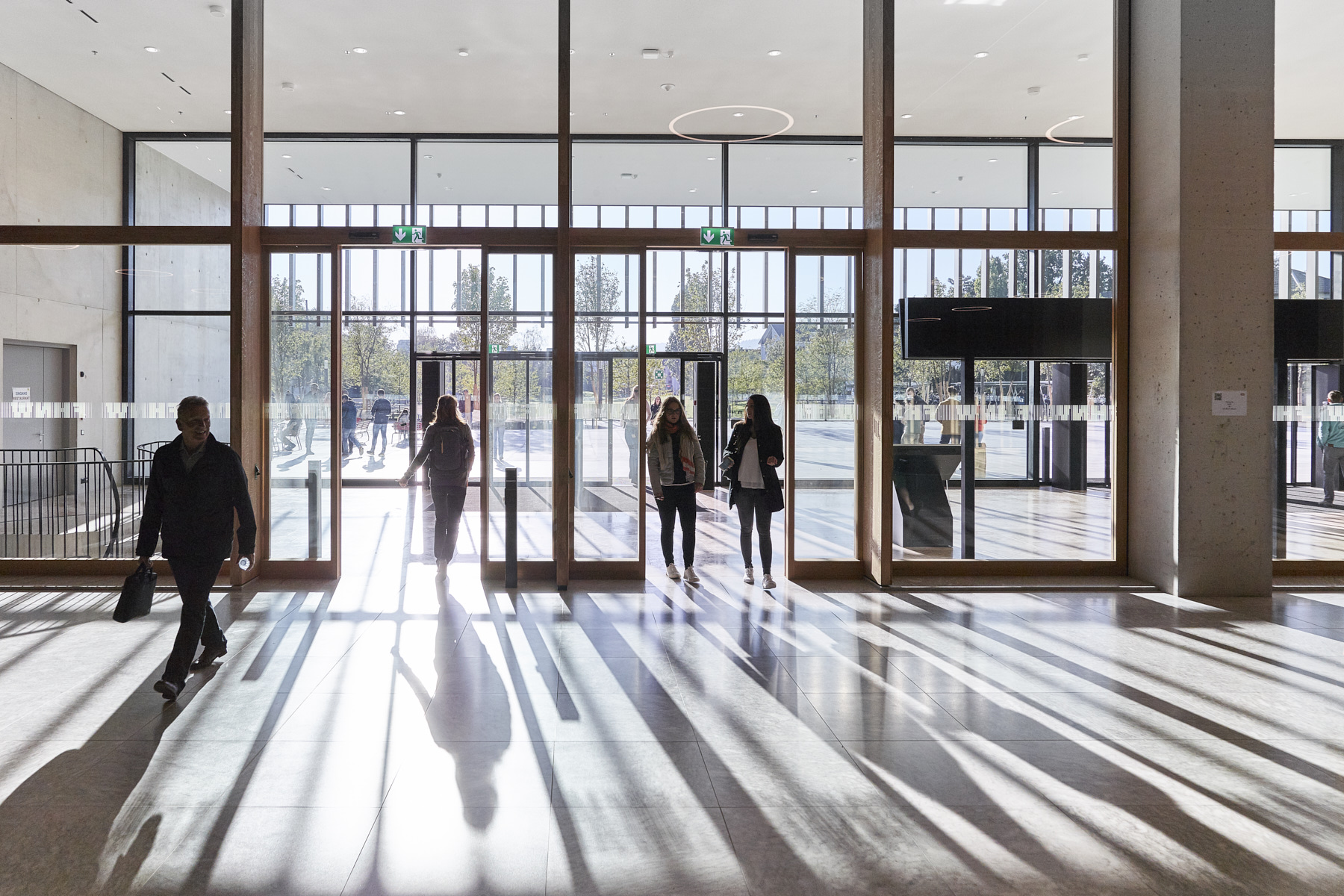Life Sciences
Study at the interface between nature, technology, medicine and the environment as part of Europe’s largest life sciences centre.
Conduct research into drugs for treating cancer, develop methods for the early detection of diseases, create implants using a 3D printer, produce new chemical substances, visualise big data or join the fight for clean water. Our wide range of courses in Life Sciences gives students the opportunity to be actively involved in solving the social problems of the future.
The FHNW School of Life Sciences is situated at the heart of the international life sciences industry with which it enjoys close ties. Students are directly involved in current projects throughout their studies and work in partnership with industry on the burning issues of tomorrow, which brings benefits both in their studies and later on when they are looking for a job.
Our graduates are highly sought-after specialists in industry. We are proud to say that 98 per cent of our students enter employment in their specialist field or go on to further study straight after graduating.
Our Bachelor in Life Sciences degree programme has an interdisciplinary focus. From chemistry, physics and biology through to medicine and computer sciences, students learn to observe things from the perspective of different fields of study and to find innovative solutions. The first year of study is based on fundamental scientific and engineering principles. Students’ chosen courses then form the focus of the following semesters. For details, pleas visit our website in German.
A Master’s degree in Life Sciences equips students with all they need to gain a foothold in the growing life sciences market and to work successfully on solutions with a promising future.
The Biomedical Engineering specialisation empowers diagnostics and therapy based on technology and engineering. This degree is a joint degree with the University of Basel.
The location of the new FHNW Campus Muttenz is not only spectacular thanks to well-known companies in the neighborhood: The view over Basel and the train station close by sweeten student life. In addition to the School of Life Sciences, the new FHNW Campus houses the School of Architecture, Civil Engineering and Geomatics, Civil Engineering and Geomatics as well as the School of Education and Social Work. Thus, around 3,700 students and 800 employees liven up the new location.
